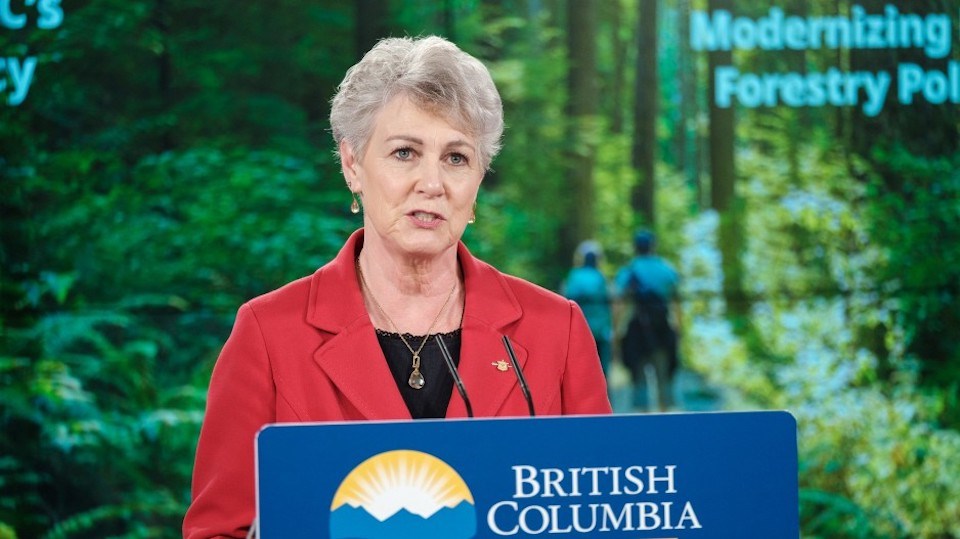Results matter, and by so many metrics, the BC NDP government is failing British Columbians.
As I sat in the basement of the Victoria Convention Centre today, scrutinizing the seventh NDP budget, I couldn’t help but consider how few actual, tangible improvements and results this government has delivered.
Since the BC NDP took power six years ago, they have doubled provincial government spending. But is there any government service that is twice as good as it was six years ago? Certainly not healthcare, or education, or autism services, or housing or infrastructure construction.
During that same span, the NDP have added 11,303 full-time government workers, growing the bureaucracy by more than one-third. Again, is there any government processing time or other service improvement that we can tie to those staffing increases?
In fact, permitting times have gotten worse and are now affecting the province’s bottom line. With natural resource revenue projected to drop by 33 per cent over two years due to the NDP’s decisions that continually slow LNG, forestry, mining and other resources, the budget document announced they will hire 160 new staff to reduce natural resources permit backlogs and “unlock economic potential.”
Hopeful words, but it would be easier to cut unnecessary red tape rather than hire more bureaucrats.
The provincial debt will cross the $100 billion threshold for the first time in B.C. history, careening its way to $134 billion by March 31, 2026. Yet there is a long list of underbuilt infrastructure – replacing a four-lane Pattullo Bridge with a four-lane new Pattullo Bridge comes to mind – and cost overruns due to mismanagement and the NDP’s expensive sweetheart deal with the building trades unions.
This means infrastructure dollars can’t be stretched as far as they need to go, to build more schools, replace the Taylor Bridge over the Peace River, address the supply chain bottlenecks in and around B.C.’s three ports, or make sure overstretched communities have ample healthcare and addiction treatment facilities.
The budget document touted a “record investment” into housing, following on the heels of previously highly touted “record investments.” Yet housing starts across the province are dropping: down 16.5 per cent in 2023 and expected to fall another 5.1 per cent in 2024.
Housing affordability remains a top concern for people, and a slowing supply is not going to help. Overall home prices may have dropped slightly, but higher borrowing costs means a bigger chunk of income is needed than before, so no one is any further ahead.
Back in 2017, mental health and addiction services were supposed to be the crown jewel of the NDP’s “people-focused” budgets. Then-premier John Horgan created an entire ministry to co-ordinate the government’s approach, to have someone at his cabinet table who would think about these issues 24-7.
Yet mental health is a bigger problem than ever, and we are at record levels of overdoses. This year’s budget promises another $867 million over three years, but offers no sense of what metrics for success the NDP will use to evaluate this spending.
Buried in the budget document was news that corporate income taxes, due to the federal government recalculating how it had collected and paid it out to provinces, had come in more than double the $5 billion the government had expected. (This formed a major chunk of the surplus Premier David Eby is desperately trying to blow out the door before year-end on March 31.)
Despite the surplus being built on the backs of businesses paying too much in tax, not a single dollar flowed back to those job creators in tax cuts or refunds. In fact, the carbon tax was increased by $15/tonne, which will add more fuel costs for businesses and families already struggling under the strain of B.C.’s high energy costs – and will further drive up inflation.
For a government that wants to be measured on creating affordability, it’s another bad result.
Jordan Bateman is vice-president, communications and marketing, for the Independent Contractors and Business Association.



